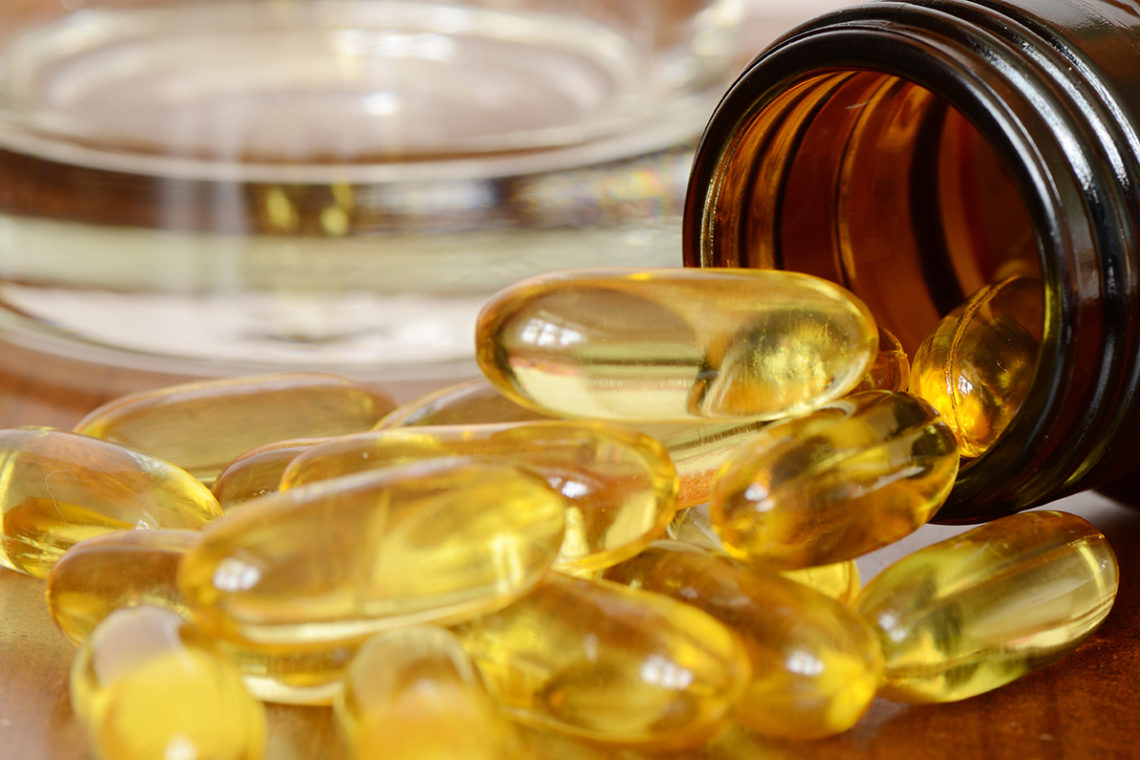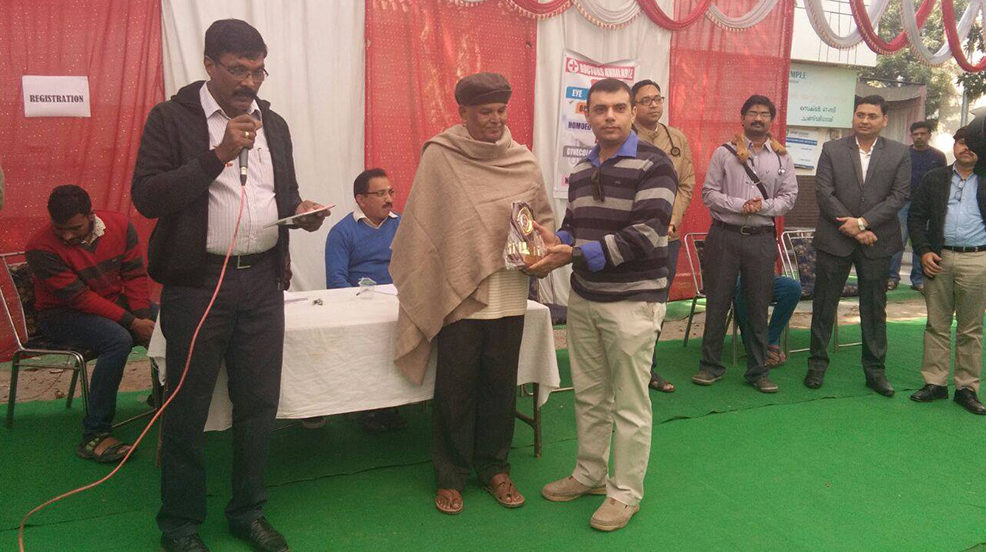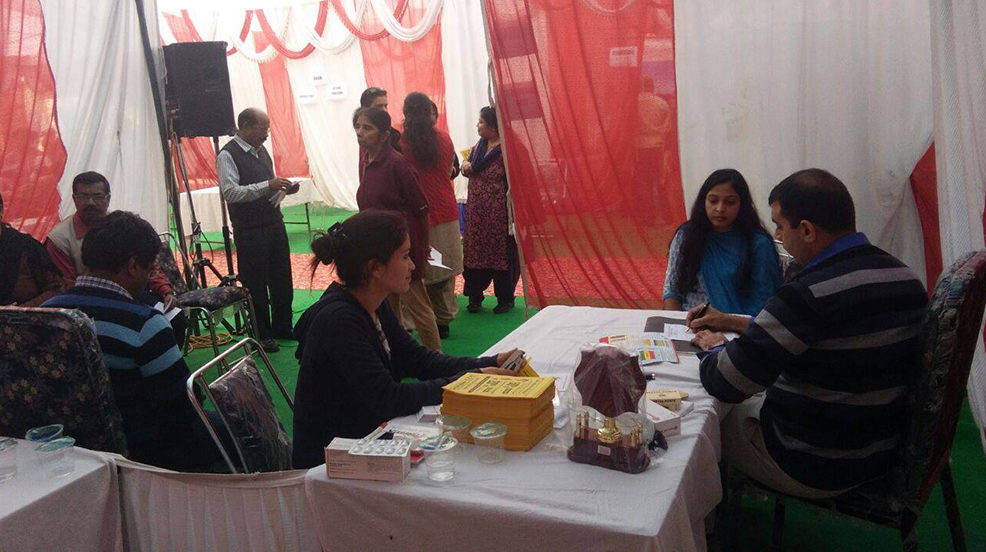Known as the sunshine vitamin, Vitamin D is produced by the body in response to skin being exposed to sunlight. It also occurs naturally in a few foods — including some fish, fish liver oils, and egg yolks — and in fortified dairy and grain products.
Vitamin D helps your body absorb calcium, which is one of the main building blocks of bone. Vitamin D also has a role in your nervous, muscle, and immune systems. It also plays a role in the prevention and treatment of a number of different conditions, including type 1 and type 2 diabetes, hypertension, glucose intolerance, and multiple sclerosis.
You get vitamin D in three ways:
Through your skin
From your diet
From supplements
Your body forms vitamin D naturally after exposure to sunlight. But too much sun exposure can lead to skin aging and skin cancer; so many people try to get their vitamin D from other sources.
The most accurate way to measure how much vitamin D is in your body is the vitamin D blood test.
Vitamin D deficiency prevails in epidemic proportions all over the Indian subcontinent, with a prevalence of 70%–100% in the general population. In India, widely consumed food items such as dairy products are rarely fortified with vitamin D. Indian socioreligious and cultural practices do not facilitate adequate sun exposure, thereby negating potential benefits of plentiful sunshine. Consequently, subclinical vitamin D deficiency is highly prevalent in both urban and rural settings.
Side effects
Moderate to severe vitamin D deficiency can lead to rickets (soft bones) in infants and children.
Low vitamin D levels can lead to osteoporosis and increase your risk fractures (broken bones) following fall. Osteoporosis occurs when your bones lose calcium and other minerals, making them fragile and more likely to break. Vitamin D helps your body to absorb calcium, while not having enough can increase your risk of developing osteoporosis.
A number of diseases have been linked to low vitamin D levels such as increased risk of death from cardiovascular disease, cognitive impairment in older adults, severe asthma in children and cancer.
You may be at risk of vitamin D deficiency if you:
- stay mostly indoors for health, work or other reasons.
- have naturally dark skin.
- cover your body for religious or cultural reasons.
- avoid the sun for skin protection or due to medical reasons.
- have a health condition that affects vitamin D absorption from your diet.
- are a baby of a vitamin D deficient mother.
If you have a mild deficiency then
- increase your sun exposure
- increase dietary calcium
- increase physical activity
- take a vitamin D supplement
If you have a moderate to severe deficiency then you might need to take a high-dose supplement. Check with your doctor about how much you need to take, how often you need to take it, and for how long you need to take it.
Keep up with your vitamin D levels and stay healthy.
NOTE: – High Levels of Vitamin D are known to cause toxicity so knowing Vitamin D blood levels is essential.





